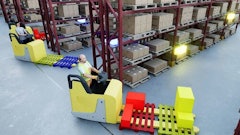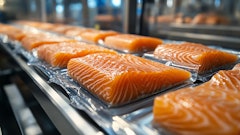
The Food Group, a full-service food and beverage marketing agency, reports how the COVID-19 pandemic is affecting the hospitality industry from independent restaurants to national chains and the future of foodservice operations.
In the new tfgTOUCHPOINTS white paper, Special Edition: What Commercial Foodservice Operators Want in the COVID-19 Era, The Food Group provides an inside look at how commercial foodservice operators have been affected by, and how they are adapting to, COVID-19. Additionally, the report provides takeaways and guidance for how food and beverage manufacturers can help operators succeed in an uncertain and new era of hospitality.
The following findings provide insights into the ways COVID-19 is reshaping the hospitality industry:
● COVID-19 has forced operational changes that will forever alter the way people eat out. In addition to cutting staff positions (56%) and paring down menus (58%), operators are doing their best to make guests feel safe by eliminating self-service and buffets and switching to disposable items and portion-control condiments.
● Technology has become essential to daily operations and profitability. Social media has become a crucial vehicle for providing restaurant updates and promoting specials. The pandemic has also fast-tracked the adoption of new technologies for many operators such as pick-up and delivery systems and virtual events for training, education and networking.
● Foodservice operators want and need content that helps them solve their business problems. Content creators need to provide short format information in innovative ways in topics that are of most interest such as front and back-of-house food safety (56%), culinary trends (55%) and menu optimization (49%).
This “new normal” has forced operators to shift their priorities. Providing benefits such as shelf stability, reduced prep time, offering products that have multiple applications across a menu and creating streamlined equipment are just a few of the ways foodservice manufacturers can help operators run more efficiently.



















